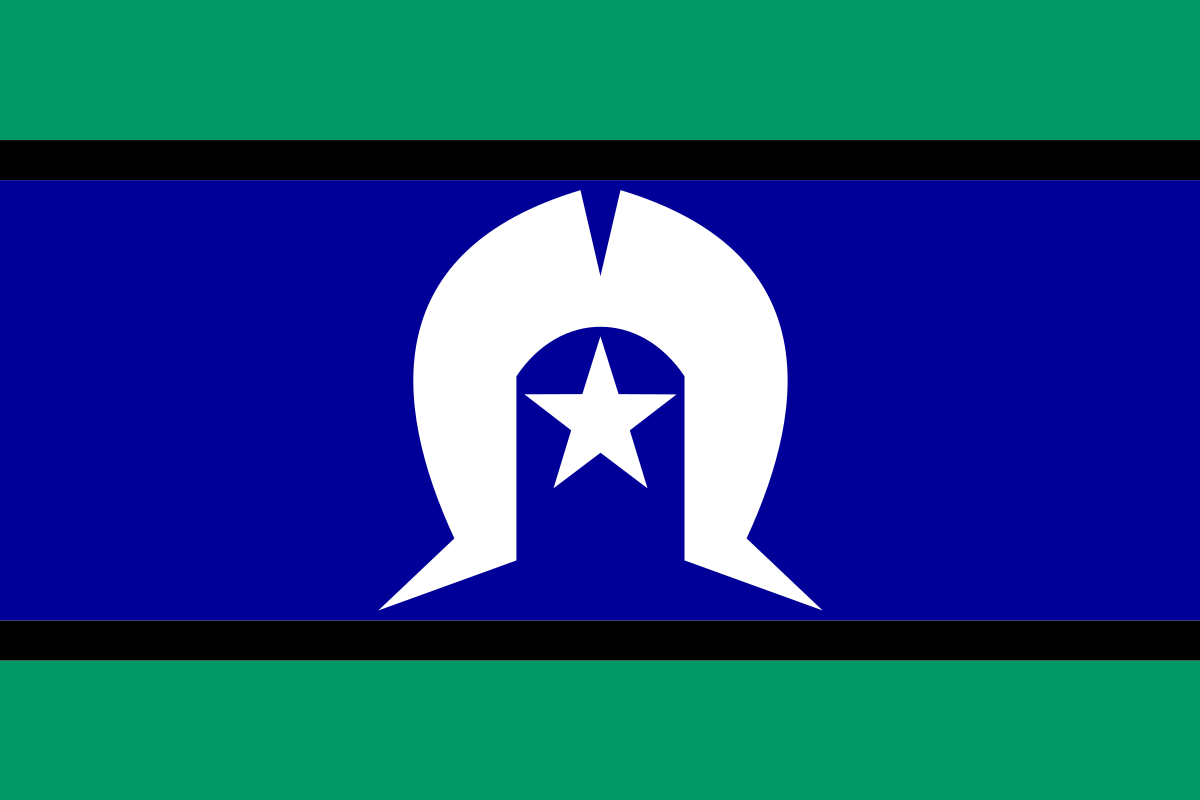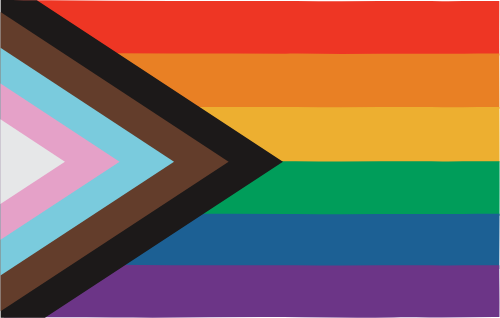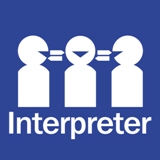The Association for Services to Torture and Trauma Survivors (ASeTTS)
The Association for Services to Torture and Trauma Survivors (ASeTTS) has a proud history of serving humanitarian entrants and refugees settling in WA since 1992.
ASeTTS provides services to people who are humanitarian entrants or are from a refugee type background and who have experienced torture or trauma in their country of origin, during their flight to Australia, or while in detention.
Our FASSTT Network Partners
We continue to collaborate with, and learn from, our FASSTT (The Forum of Australian Services for Survivors of Torture and Trauma) partners to ensure innovative evidence-based services that diminish the impact of torture and trauma on survivors and enhance their opportunities to rebuild productive and meaningful lives.
FASSTT Network member agencies include:
- Companion House – ACT
- Foundation House – Victoria
- Melaleuca Refugee Centre – NT
- Phoenix Centre – Tasmania
- Queensland Program of Assistance to Survivors of Torture and Trauma (QPASTT) – Queensland
- Service for the Treatment & Rehabilitation of Torture & Trauma Survivors (STARTTS) – NSW
- Survivors of Torture and Trauma Assistance and Rehabilitation Service (STTARS) – SA
ASeTTS provides holistic services for refugee survivors of torture and trauma to rebuild their lives.
ASeTTS’ Vision
Our vision is for a just and peaceful world where human rights are recognised, and the dignity of refugees is advanced and protected.
ASeTTS’ Purpose
Partnering with refugee survivors of torture and trauma to restore hope and dignity, and support individuals, families, and communities to rebuild lives, thrive, and enrich Australia.
ASeTTS’ Values
ASeTTS place importance on:
- Respect
- Client Focus
- Teamwork
- Inclusion
- Accountability
- Ethics
Aims of ASeTTS
The objectives of ASeTTS as described by our constitution may be summarised as:
To establish, develop and maintain services:
Which respond to the specific cultural and spiritual needs, as well as the gender-related, linguistic and age specific needs of torture and trauma survivors (who are often refugees and may be from culturally and linguistically diverse (CALD) populations) and their families living in Australia;
- Which facilitate the ability of torture and trauma survivors to heal themselves;
- Which promote overall well-being of all torture and trauma survivors in whatever way is appropriate to the individuals concerned;
- Of a professional standard which are affordable and accessible to all torture and trauma survivors and their families regardless of age, sex, race, religion, political beliefs or lifestyle;
- Guided by the expressed needs of the service users arising out of the constitution as identified by the service users themselves and developed with input from those service users.
To carry out training, advocacy, and awareness raising and in doing so:
- Work with other organisations to carry out and encourage research and collect information, based on sound ethical guidelines, about the needs of torture and trauma survivors and their families in the community
- Educate, train and sensitise service providers and promote public awareness on the needs of and difficulties experienced by torture and trauma survivors and their families;
- Inform and to reinforce the rights of the service users as members of Australian society;
- Act as a human and material resource.
ASeTTS Diversity and Inclusion Policy
ASeTTS is committed to providing a workplace and services that respect and value diverse customs, cultures and beliefs; and prevents harassment or discrimination of any kind. While our services are delivered to people from refugee-like backgrounds who come from different countries of origin and language groups, we support the human rights of all people and recognise the unique needs of Aboriginal and Torres Strait Islander people, people with disability, and people who are lesbian, gay, bisexual, transgender/gender diverse, queer, or intersex (LGBTQI).
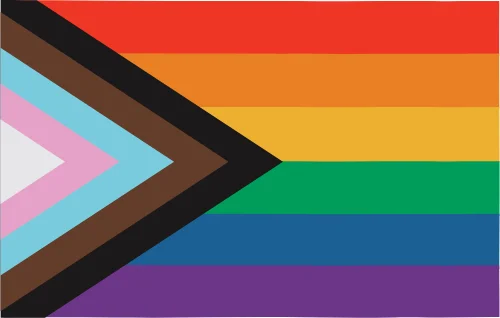
Full statement:
ASeTTS Statement of Commitment to Child Safety
ASeTTS is committed to providing and actively promoting a safe environment for children.
We have zero tolerance towards child abuse, and are committed to protecting the physical, emotional, cultural and social wellbeing of all children.
We have adopted a Child Safe Policy, outlining our commitment to upholding, endorsing and promoting the National Principles for Child Safe Organisations (hyperlink to https://childsafe.humanrights.gov.au/national-principles/about-national-principles).
We commit to:
- Empowering children that access our services to feel safe and comfortable, including comfortable in reporting concerns of allegations of abuse.
- Reporting concerns or allegations through appropriate channels. All allegations and safety concerns are treated seriously.
- Supporting alleged victims and their families to access support services and counselling.
- Engaging and involving children when making decisions, especially about matters that directly affect them. We listen to their views and respect what they have to say.
- Employing a range of best practice screening measures in the recruitment of employees, contractors and volunteers. We carry out thorough reference checks and pre-employment screening, to ensure that we are recruiting with child safety in mind.
- Ensuring staff and volunteers are trained to identify, assess, and minimise risks of child abuse and to detect potential signs of child abuse.
We acknowledge that children’s safety is a whole of community responsibility and is everyone’s business.
Related information:
Our Clients
ASeTTS Clients are people living in WA who were tortured or traumatised in their country of origin or whilst fleeing that country. It is estimated that state sanctioned violence occurs in over 100 countries. This experience is not confined to adults, with many child and adolescent refugees having witnessed horrific events and suffered the effects of dislocation and deprivation. Fear does not end with arrival in a safe country.
Trauma has far reaching effects – like an earthquake, it can shake the very foundations of our client’s lives. The impact can disrupt or damage the relationships that individuals have established with partners, parents, children, family and friends. It can change the way clients feel about themselves and others. In many cases, traumatic events can be internalised as ongoing anxiety and accompanied by unresolved grief and depression. For some survivors, assumptions that are central to human existence, such as trust, have been challenged by their experiences.
In addition to the above, a new arrival under the humanitarian program is faced with the daunting task of settling in a new country and dealing with the challenges of learning a new language, adapting to a new culture, arranging housing, employment and children’s schooling often without a support network of family and friends.
Our clients come from a range of countries and ethnic backgrounds and present with a variety of symptoms and issues. The effects of trauma are not always the same, even for those who have shared the same experiences. We are all individuals and therefore unique in many aspects. Our reactions and the processes we engage with towards healing are as unique as we are. ASeTTS endeavours to work alongside clients as they seek to find happiness and peace in their lives
Our People
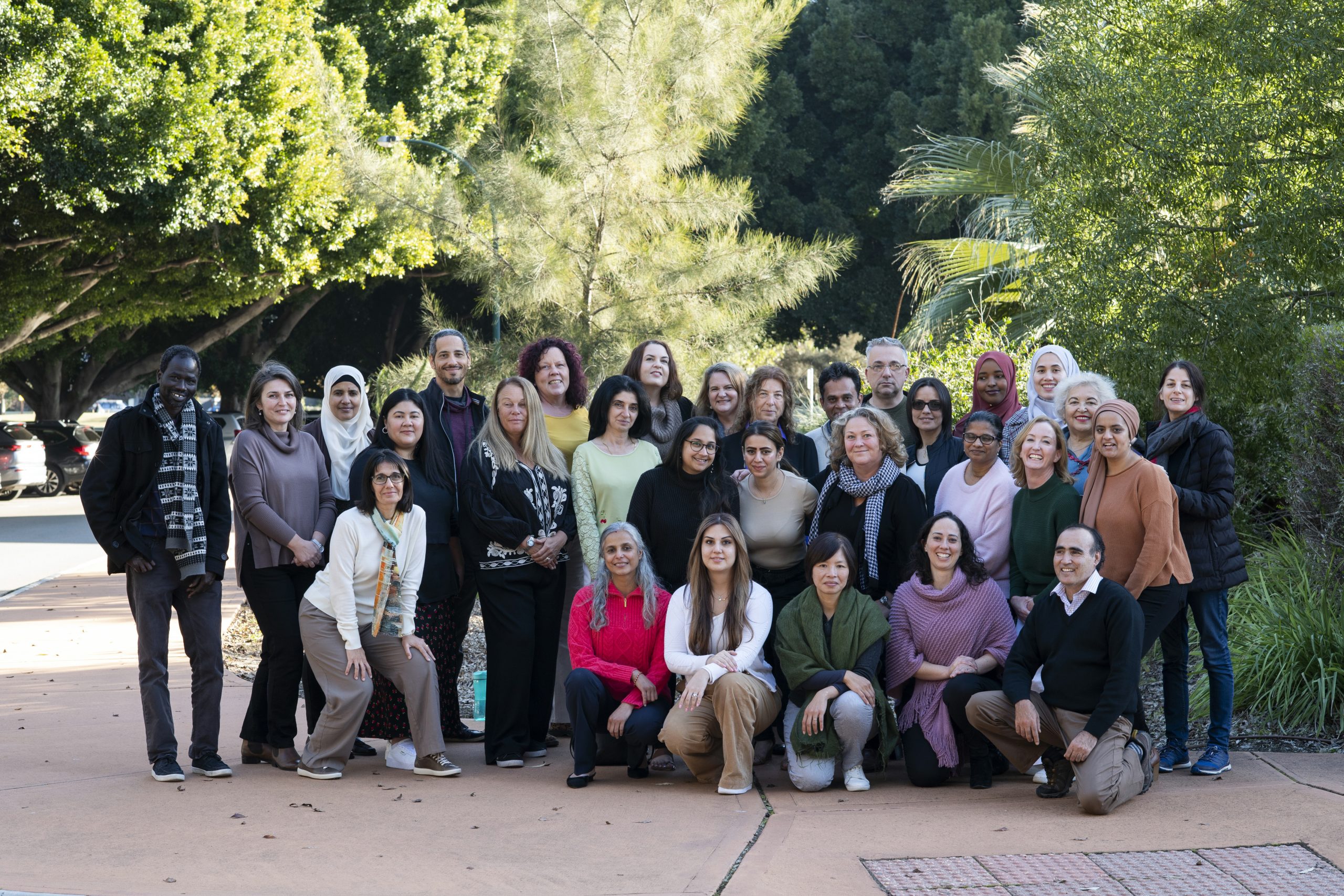
Our Board

Our Board
The ASeTTS Board sets the strategic direction for the organisation, and ensures it is properly governed and managed to successfully achieve our purpose.
Learn More


